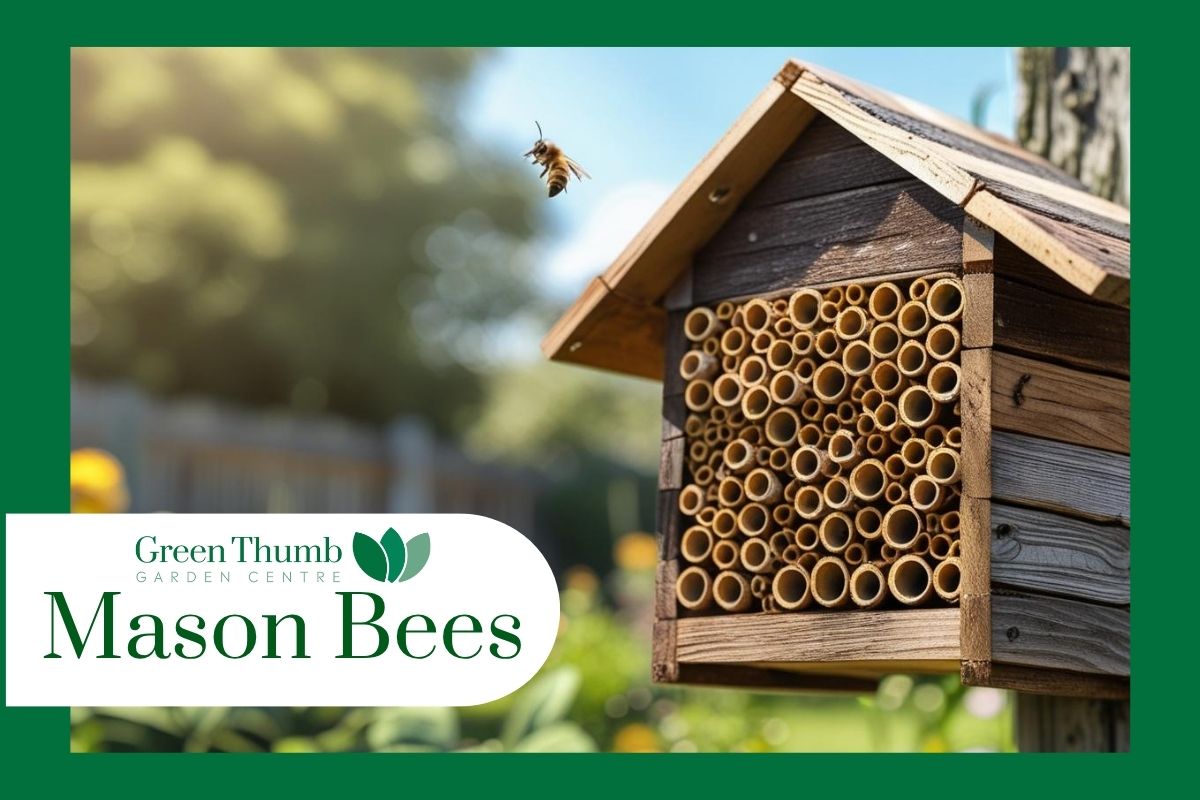Mason bees are solitary bees known for their excellent pollination abilities. They are gentle and rarely sting, making them safe to have around gardens and homes.
Benefits of Mason Bees
- Highly efficient pollinators.
- Gentle and non-aggressive.
- Easy to care for and manage.
- Increase fruit and vegetable production.
Mason Bee Life Cycle
|
Stage |
Description |
Timing |
|---|---|---|
|
Egg |
Laid in nesting tubes by the female. |
Spring/Summer |
|
Larva |
Hatches and feeds on pollen and nectar stored in the nesting cell. |
Spring/Summer |
|
Pupa |
Transforms inside a cocoon during late summer/fall. |
Fall |
|
Adult |
Emerges in the spring, ready to pollinate and begin the cycle again. |
Spring |
Types of Mason Bees
- Blue Orchard Mason Bee (Osmia lignaria): Common in North America.
- Other Osmia species: Various species adapted to different climates and regions.
Nesting Habits
- Prefer nesting in small cavities or tubes.
- Seal nest cells with mud.
- Each female creates multiple nest cells, each containing an egg and food supply.
Pollination
- Visit many flowers to collect pollen and nectar.
- Carry pollen on their bodies, transferring it effectively between flowers.
- Are excellent pollinators of fruit trees and spring-blooming plants.
To support Mason Bees, consider these supplies:
- Nesting blocks or tubes (various sizes and materials)
- Mud source (for sealing nests)
- Bee house or shelter (to protect nests from weather)
- Pollen and nectar sources (flowering plants nearby)
- Predator protection (mesh or netting if needed)
Our Mason Bees arrive in April. You can give us a call, email or come visit us in store and check out our supplies to help Mason Bees thrive, while supplies last.
We are open 7 days a week, and would love to help you!


